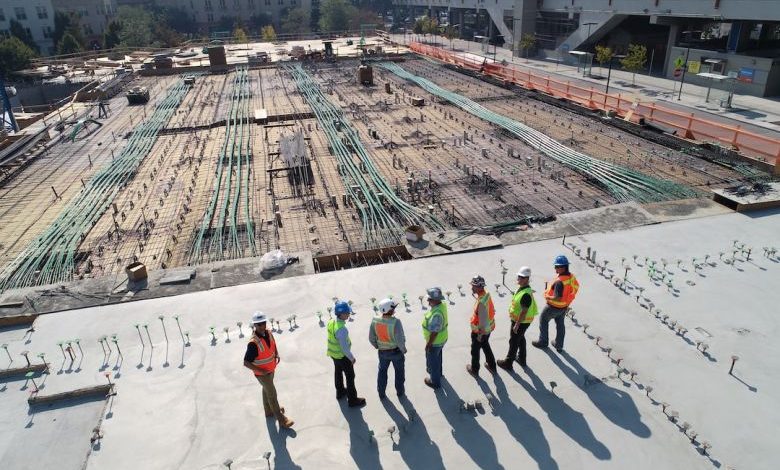How Can Contractors Avoid Delays in Construction?

Delays in construction projects can be costly and frustrating for both contractors and clients. They can lead to additional expenses, missed deadlines, and damaged reputations. To ensure smooth and timely completion of construction projects, contractors need to be proactive in identifying potential causes of delays and implementing strategies to avoid them. In this article, we will explore some effective ways contractors can avoid delays in construction.
Effective Planning and Scheduling
One of the main causes of delays in construction projects is poor planning and scheduling. Contractors should invest time and effort in creating a detailed project plan that outlines all the necessary tasks, resources, and timelines. By thoroughly understanding the scope of the project and breaking it down into smaller, manageable tasks, contractors can identify any potential bottlenecks or dependencies early on. This allows them to allocate resources efficiently and establish realistic timelines.
Effective Communication and Collaboration
Another key factor in avoiding delays is effective communication and collaboration among all project stakeholders. Contractors should establish clear lines of communication with clients, subcontractors, suppliers, and any other parties involved in the project. Regular meetings and updates should be conducted to ensure everyone is on the same page and any issues or concerns are addressed promptly. By fostering a collaborative environment, contractors can prevent miscommunication and minimize the chances of delays due to misunderstandings or conflicts.
Proactive Risk Management
Construction projects are often subject to various risks and uncertainties that can cause delays if not properly managed. Contractors should conduct a thorough risk assessment before starting the project to identify potential risks and develop mitigation strategies. This includes factors such as weather conditions, material availability, regulatory approvals, and potential design errors. By proactively addressing these risks and having contingency plans in place, contractors can minimize the impact of unexpected events and keep the project on track.
Efficient Resource Allocation
Delays in construction projects can also occur due to inefficient resource allocation. Contractors should carefully analyze the project requirements and allocate resources, such as labor, equipment, and materials, accordingly. This includes ensuring that an adequate number of skilled workers are available, scheduling equipment usage effectively, and maintaining a reliable supply chain for materials. By optimizing resource allocation, contractors can prevent delays caused by shortages, breakdowns, or inefficiencies.
Continuous Monitoring and Control
To avoid delays, contractors need to continuously monitor the progress of the project and take timely corrective actions if necessary. This involves regularly tracking and evaluating key performance indicators, such as project milestones, cost variance, and schedule adherence. Contractors should also implement a robust change management process to handle any changes or deviations from the original plan. By closely monitoring the project and proactively addressing any issues, contractors can prevent minor setbacks from escalating into major delays.
Adoption of Technology and Automation
In today’s digital age, contractors have access to a wide range of technology and automation tools that can help streamline construction processes and minimize delays. From project management software and collaboration platforms to drones and 3D modeling, these tools can enhance efficiency, accuracy, and productivity. Contractors should embrace these technologies and explore how they can be integrated into their workflows to improve project planning, communication, and execution.
Conclusion: Ensuring Timely Completion
Delays in construction projects can be detrimental to both contractors and clients. By implementing effective planning and scheduling, fostering communication and collaboration, managing risks, optimizing resource allocation, monitoring progress, and leveraging technology, contractors can significantly reduce the chances of delays and ensure timely completion of construction projects. It is crucial for contractors to embrace a proactive and systematic approach to project management to avoid unnecessary delays and deliver successful outcomes for all stakeholders involved.




